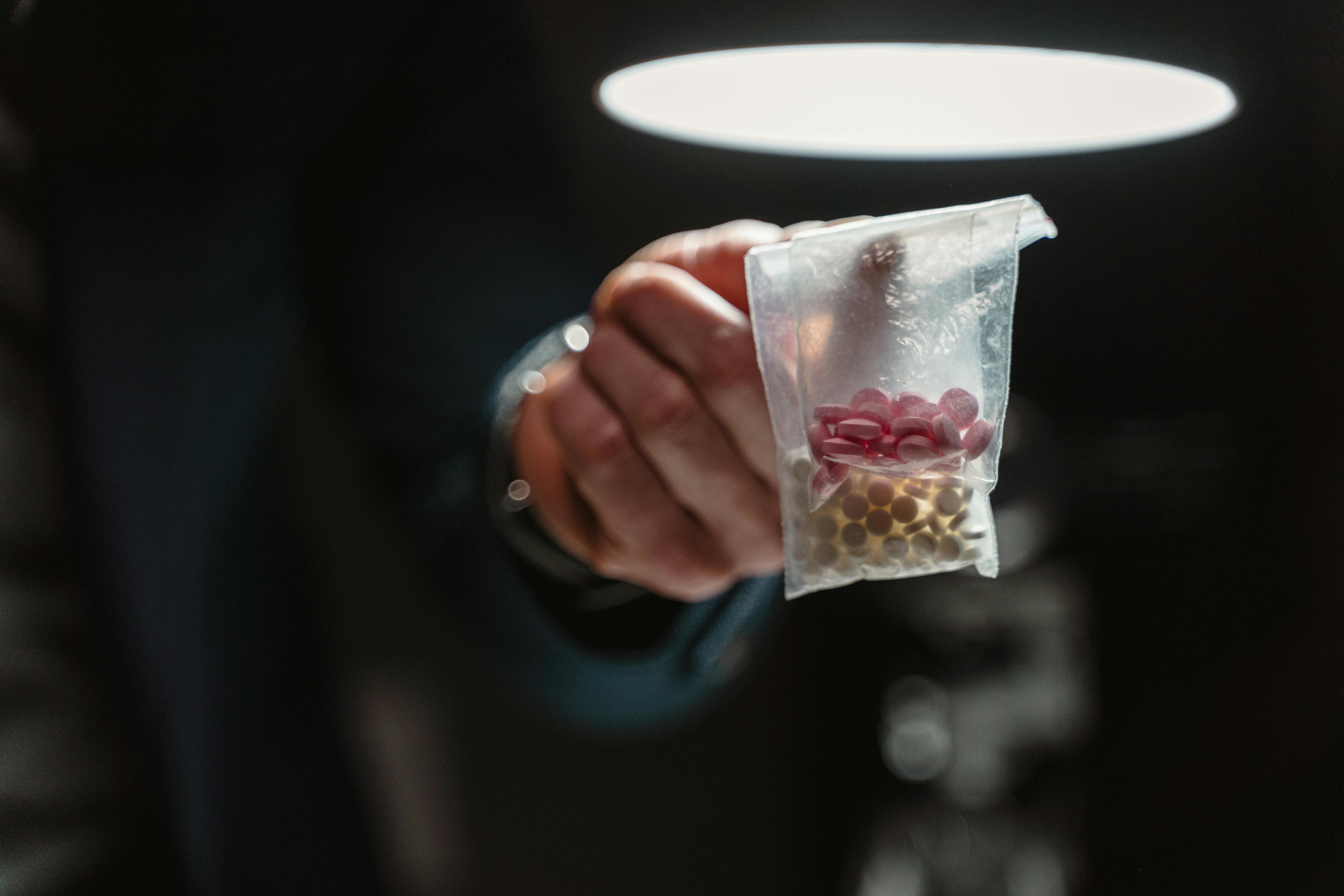Drug Abuse and Possession Charges in Ohio

In Ohio, as with all states, there are plenty of drugs that are illegal to possess or abuse. Many drugs are illegal if not given by a prescribing physician. The obvious ones are heroin, methamphetamines, cocaine, LSD, and other strong drugs that are prone to abuse if not used properly.
The possession of these drugs alone can end up with a person getting charged with a misdemeanor or felony in the State of Ohio. The severity of the charge depends on the type of drug and the amount that is recovered.
R.C. 2925.11 is the statute that defines drug possession and say that “No person shall knowingly obtain, possess, or use a controlled substance or a controlled substance analog.” The statute goes on to say that it does not apply to licensed pharmacists, legal drug manufacturers, those doing research projects approved by the FDA, and other health professionals.
Ohio puts drugs into categories by schedules much like the federal government does, with Schedule 1 being the most serious and Schedule 5 being the least serious. A case involving a small amount of a Schedule 5 drug could be charged as a low tier misdemeanor, whereas a large amount of a Schedule 1 drug could be charged as a first degree felony.
In addition to drugs, a person can be charged for having drug paraphernalia under R.C. 2925.14 if the person has items like a bong, pipe, or syringe. Officers will charge people for having paraphernalia even if no drugs are present.
R.C. 3719.01 defines controlled substances as “a drug, compound, mixture, preparation, or substance included in schedule I, II, III, IV, or V.” If it is not a scheduled drug then it is not a controlled substance under Ohio law.
Example of Schedule 1 drugs are ecstasy, heroin, LSD, peyote, and methaqualone.
Schedule 2 drugs include cocaine, Vicodin, Ritalin, fentanyl, and Adderall.
Schedule 3 drugs include ketamine, anabolic steroids, and testosterone.
Schedule 4 drugs include Xanax, Tramadol, Darvon, and Valium.
Schedule 5 drugs include Lomotil, Lyrica, Motofen, and Parapectolin.
Aggravated Possession
Some factors can enhance the charge to an aggravated possession charge, and they include prior convictions, type of drug, amount of the drug, whether the person was using or selling, and where the drugs were possessed (i.e. in a school, daycare, prison facility etc…). The greater the amount of drugs, the greater the penalties may be.
Aggravated possession can increase the penalties of a case, and enhance it to felony status, or even enhance to a higher felony depending on the factors above. For example, possessing drugs with intent to distribute in a school while possessing a firearm would likely enhance the drug possession penalties given the facts of the case. Every case is different.
Proving the Case
Police and prosecutors have many tools at their disposal for proving a drug possession case. Almost every police force now has body worn cameras and dash cameras that they use when interacting with the public, and especially when someone is being charged with a crime or suspected of a crime.
They also take photos of the scene, obtain surveillance footage, and even use wiretaps, confidential informants, drones, and other aircraft. Law enforcement also has the ability to obtain search warrants for phones, houses, cars, and boats if they need to do so.
However, law enforcement still cannot violate the 4th amendment right against unreasonable search and seizure. They must follow the law when trying to prove a case and obtain evidence that could be used against someone in court. If they do not follow the law, a motion to suppress can be filed in order to keep out evidence that was obtained illegally. Motions to suppress are difficult to win, but are sometimes necessary when law enforcement oversteps the boundaries of their authority.
Charges must be filed within 2 years for a misdemeanor drug charge, and within 6 years for a felony drug charge. Law enforcement will sometimes delay charging someone while they are testing the drugs, or conduct further investigation before filing charges. They are permitted to take their time before charging.
The potential penalties of a conviction go beyond a fine and incarceration. It could also result in a driver’s license suspension, loss of the ability to own a firearm, loss of voting rights, losing a professional license, and a conviction that may not be able to be sealed or expunged. Drug possession charges can have far reaching effects and quality representation is important.
If you or a loved one have been charged with a drug possession charge, it is important to know what your rights are by contacting a criminal defense lawyer. Contact Brian C. Morrissey Attorney at Law LLC by calling 419-830-7441, by email, or by filling out a contact form.


